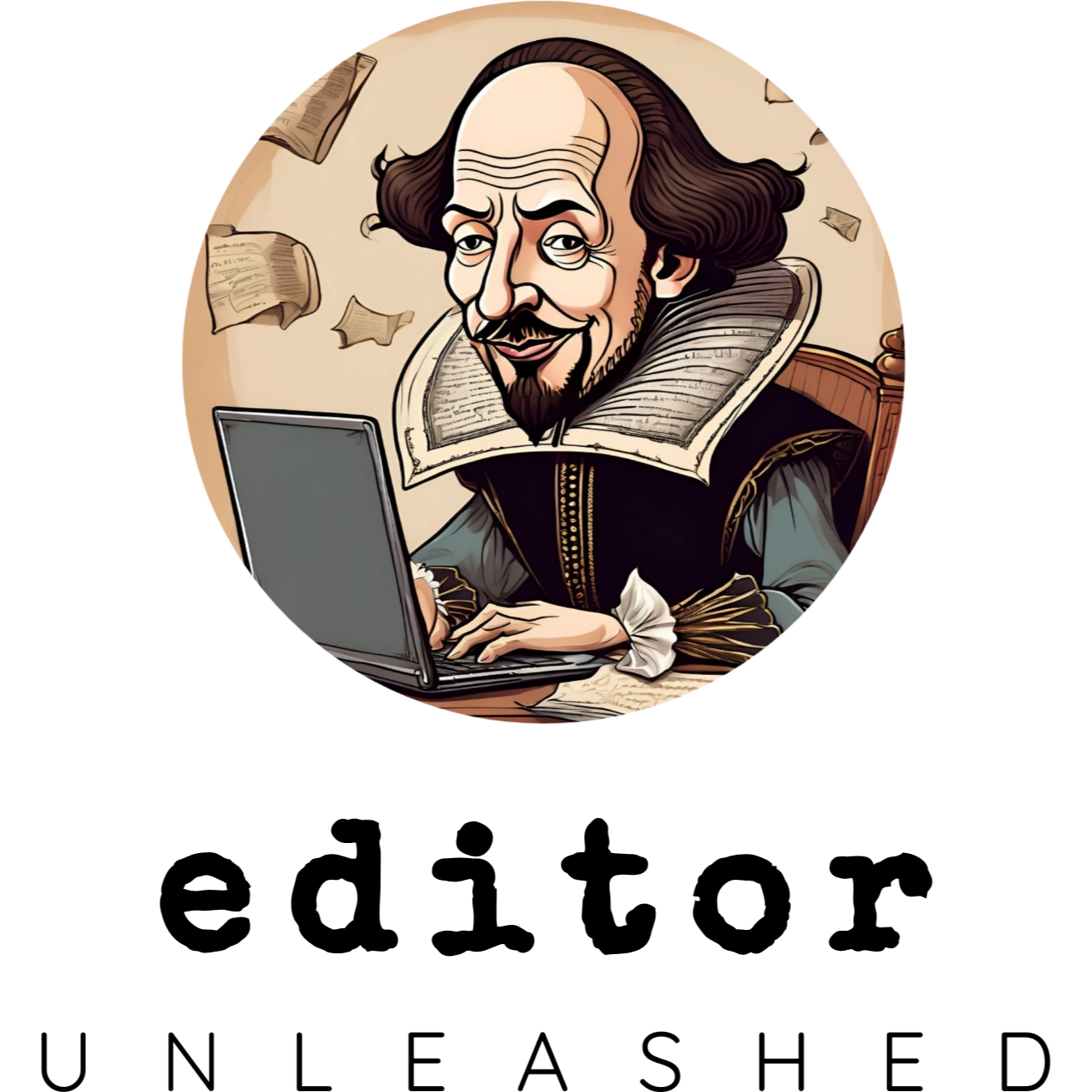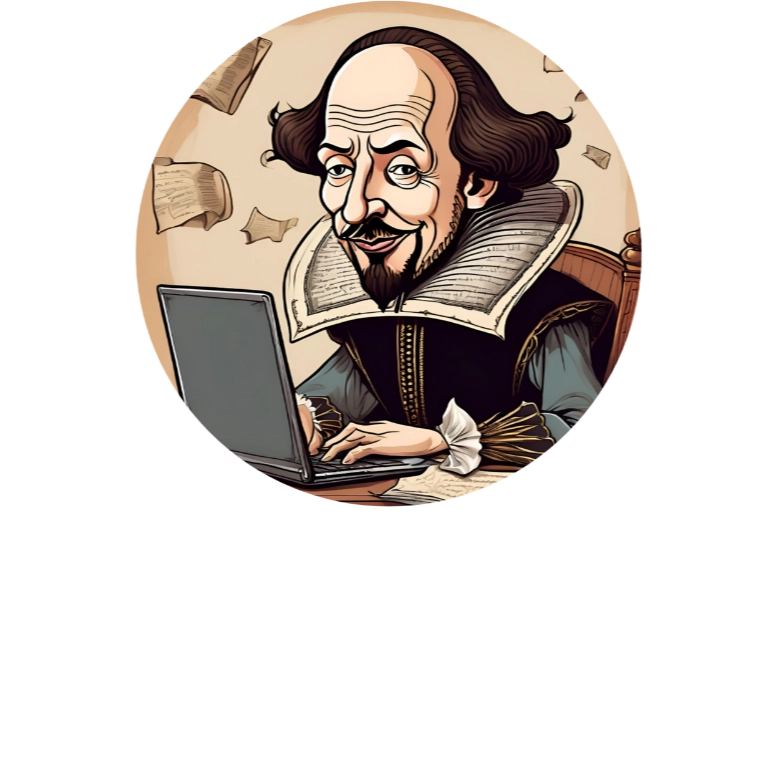Let me tell you about Aldous Huxley’s Brave New World—a book that’ll make your blood boil if you care an ounce about tradition, decency, or the mess we’re calling “progress” these days. Written in 1932, this nightmare vision of the future feels less like fiction and more like a damn prophecy of where we’re headed if we don’t snap out of this woke stupor. Huxley wasn’t just spinning a dystopian yarn; he was screaming into the void about the dangers of tossing aside everything sacred for the sake of comfort and convenience. And let me be clear: if you’ve got a spine, this book will terrify you. 😤
The story drops you into a world where “Community, Identity, Stability” are the holy trinity. Humans are bred in labs, sorted into castes, and brainwashed from birth to love their servitude. Family? Gone. Religion? Erased. Love? Reduced to empty hookups and feel-good drugs called Soma. The characters—like Bernard, the misfit scientist, or John, the “Savage” raised on old-world values—clash violently with a society that’s traded soul-deep meaning for shallow pleasures. It’s a world where pain is numbed, truth is buried, and anyone who questions the system is labeled a freak. Sound familiar yet? 🤯
Huxley’s genius—and his warning—lies in how he frames oppression. It’s not some brute-force tyranny; it’s velvet handcuffs. People choose their chains because they’re too doped up on distraction to care. The state controls through pleasure, not pain—drowning dissent in sex, drugs, and mindless entertainment. Think about that. Today, we’ve got pills for every emotion, screens blaring 24/7, and a culture that mocks anyone clinging to faith or family. Huxley saw it coming a century ago. He knew that when you strip away struggle, you strip away humanity. And damn if he wasn’t right. 😡
The writing’s sharp as a knife, slicing through the lies we tell ourselves. Huxley doesn’t waste time with flowery prose—he’s too busy exposing the rot. Take the scene where John confronts World State leaders about their empty lives. “But I don’t want comfort!” he roars. “I want God, I want poetry, I want real danger!” Tell me that doesn’t hit like a gut-punch today. We’ve swapped grit for safety nets, depth for hashtags, and soul for slogans. Huxley forces you to ask: What’s the cost of all this “progress”? Are we really happier—or just too numb to notice we’re miserable?
Now, I’ll admit—parts of this book pissed me off. The casual destruction of marriage, the mockery of parenthood, the way they spit on sacrifice. It’s like Huxley’s holding up a mirror to our worst impulses and laughing. But that’s the point. He’s not just critiquing some fictional regime; he’s indicting us. Every time we shrug off another tradition, mute another moral line, or pop another pill to avoid feeling, we’re playing into his vision. And if that doesn’t make you furious, what the hell will?
Compared to other dystopias—like Orwell’s 1984—this one’s sneakier. Big Brother rules through fear, but the World State? They’ve got you thanking them as they hollow you out. It’s not tanks in the streets; it’s TikTok in your pocket. Not secret police, but influencers selling you lies. Huxley’s nightmare isn’t forced on us—we’re choosing it. Willingly! And that’s what chills me to the bone.
So here’s the bottom line: Read this book. Then read it again. Share it with your kids before some school board bans it for “offending modern sensibilities.” Brave New World isn’t just a story—it’s a rallying cry. A demand to claw back the things that matter: faith, family, friction. Huxley’s world is clean, safe, and soul-crushingly empty. Is that really what we want? Or will we fight like hell to keep the messy, glorious chaos of real life?
Final verdict? This book’s a masterpiece. If you’re tired of being told to shut up and swallow the party line, it’ll feel like oxygen. But fair warning: Once you see the cracks in our shiny modern world, you can’t unsee them. And that’s a good thing. Damn right.


